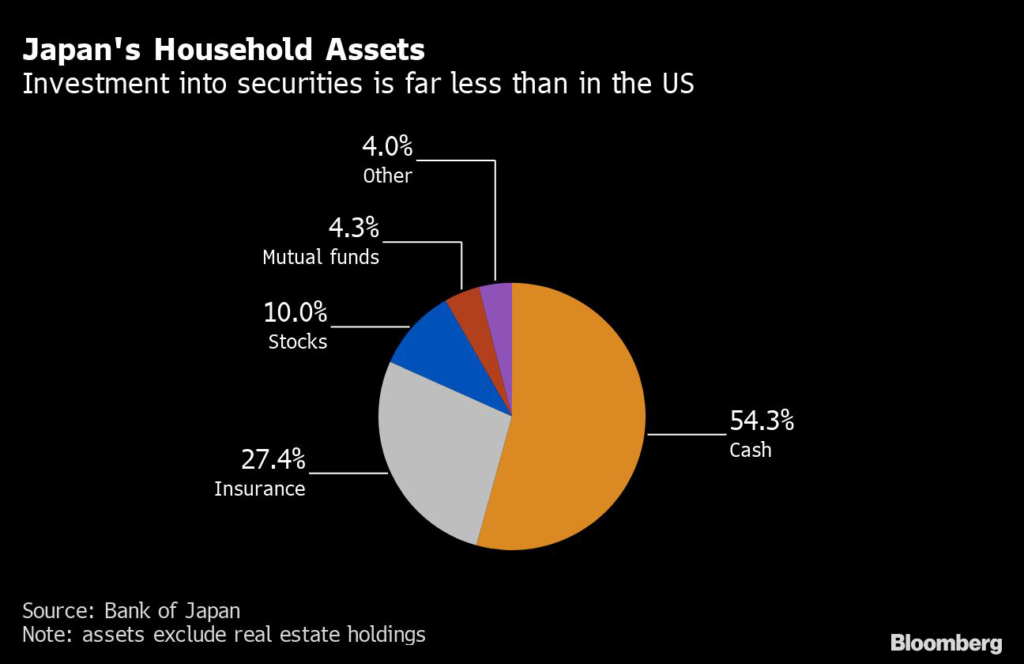(Bloomberg) — Japanese Prime Minister Fumio Kishida’s plans for what he calls a “new form of capitalism” aimed at reducing social disparities without hampering growth are likely to become clearer as early as Tuesday with the release of a key panel’s main proposals.
The premier is due to speak toward the end of the panel’s meeting later in the day.
Local media including the Yomiuri newspaper have reported an outline of the plan will be published ahead of a likely cabinet rubber-stamp in early June. Kishida and several other cabinet ministers are on the panel, along with outside experts.
Based on the discussions so far and media reports, the proposals are likely to call for more investment in human capital, greater support of innovation and startups as well as efforts to decarbonize and digitalize the economy.
Kishida’s drive to make Japan’s capitalist model more equitable and more sustainable has attracted criticism from some investors, who are wary of earlier calls to increase the capital gains tax, curb share buybacks and remove the legal requirement for quarterly earnings reports.
The prime minister has walked back earlier comments that seemed to suggest efforts to spread the benefits of economic growth more widely might hurt shareholder profits.
Local media reports have so far focused on investment in training, proposals for enabling the establishment of blank-check investment companies, a goal to double household income from financial assets as well as a duty for firms to reveal gender pay gaps among their employees.
That suggests the panel may be leaving aside more controversial proposals for now.
With recent polls showing the highest approval ratings for Kishida since he took office, he may be encouraged to take bolder steps once a key July election is over and his position is more secure.
The proposal recommends supporting around one million people to develop skills and re-join the labor force, according to the Yomiuri.
Other recommendations include supporting next-generation semiconductor technology and issuing a new class of bonds to support clean energy industries — although few concrete numbers for investment have been reported so far.
The plan is also aimed at doubling the asset-based incomes of citizens by encouraging people to move their savings into stocks and mutual funds, according to the Tokyo Shimbun.
That move would mean an expansion of existing tax-free investment plans that were promoted during former Prime Minister Shinzo Abe’s administration, the newspaper said.
The current program allows up to 1.2 million yen ($9,370) of tax-exempt investment per year for five years.
The plan echoes Japan’s postwar hyper-growth period in the 1960s, when Prime Minister Hayato Ikeda aimed to double household income, and succeeded.
Earlier this month, the premier called on an audience in the City of London to “invest in Kishida.” Still, financial markets are likely to remain wary over his earlier comments about raising capital gains tax and limiting stock buybacks, moves that detractors say are against market interests.
More stories like this are available on bloomberg.com
©2022 Bloomberg L.P.











